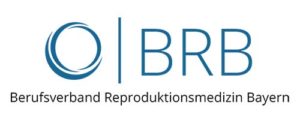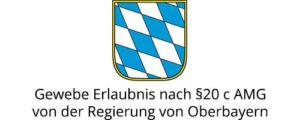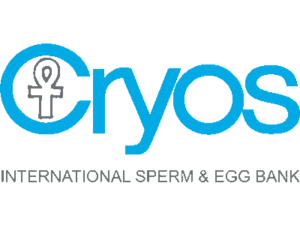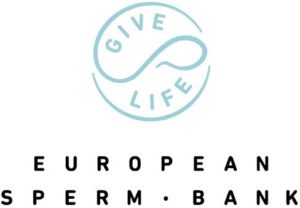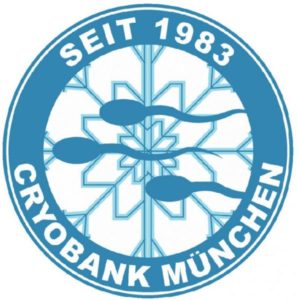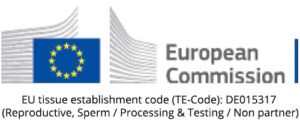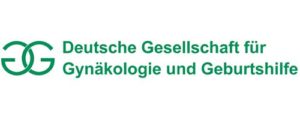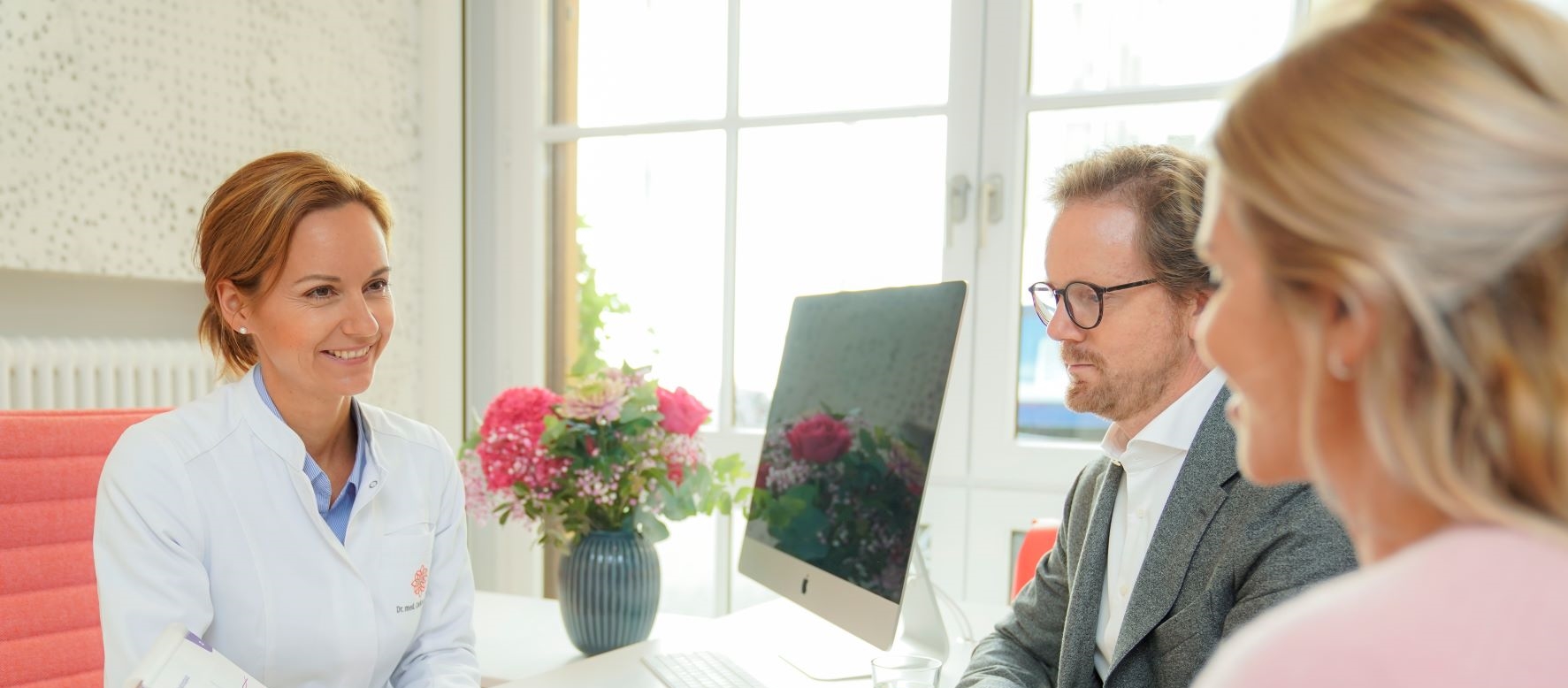
IVF and ICSI in Munich
How Artificial Insemination Works
In vitro fertilization means that fertilization occurs outside the body in a laboratory dish. Eggs and sperm are combined in a petri dish, allowing the embryo to be transferred back into the uterus. This method was successfully used for the first time in 1978. Sir Robert Edwards was awarded the Nobel Prize for this achievement in 2010. Since then, the methodology has continued to evolve. Over eight million babies have been born worldwide thanks to this method. We would be happy to explain how the process of artificial insemination works and how it can help you achieve motherhood.
Content:
Process of an IVF Treatment
IVF vs. ICSI
Cost of Treatment
Artificial Insemination without Hormones
Traditional In Vitro Fertilization
Egg Freezing
Risiks of IVF
Types of IVF Treatment
In our fertility clinic in Munich, we offer all the common types of IVF treatment – including new methods that are particularly well-tolerated.
Conventionel IVF
A well-dosed hormonal stimulation ensures that a relatively large number of eggs are produced, significantly increasing the chances of pregnancy.
.
Mini-IVF
- In this relatively new procedure, the administration of medication is reduced, making it gentler for the patient. While this results in fewer eggs being collected, their quality is often very good.
.
Natural Cycle IVF
- In this method, hormonal stimulation is completely omitted. While this results in lower success rates, both the costs and potential side effects are also reduced.
In the following text, we present the different procedures in detail. We would also be pleased to advise you personally in our fertility clinic in Munich.
The Process of IVF Treatment
Step 1
Step 2
Subsequent ultrasound checks follow to monitor the growth of the ovarian follicle containing the egg. We discuss with you whether hormonal control of ovulation timing should be employed after natural follicle maturation.
Step 3
In a minor surgical procedure at a cooperating fertility center, the ovarian follicles are punctured.
Step 4
Afterward, you will be informed by the laboratory about the number of eggs punctured. Subsequently, fertilization is carried out through either IVF or ICSI treatment.
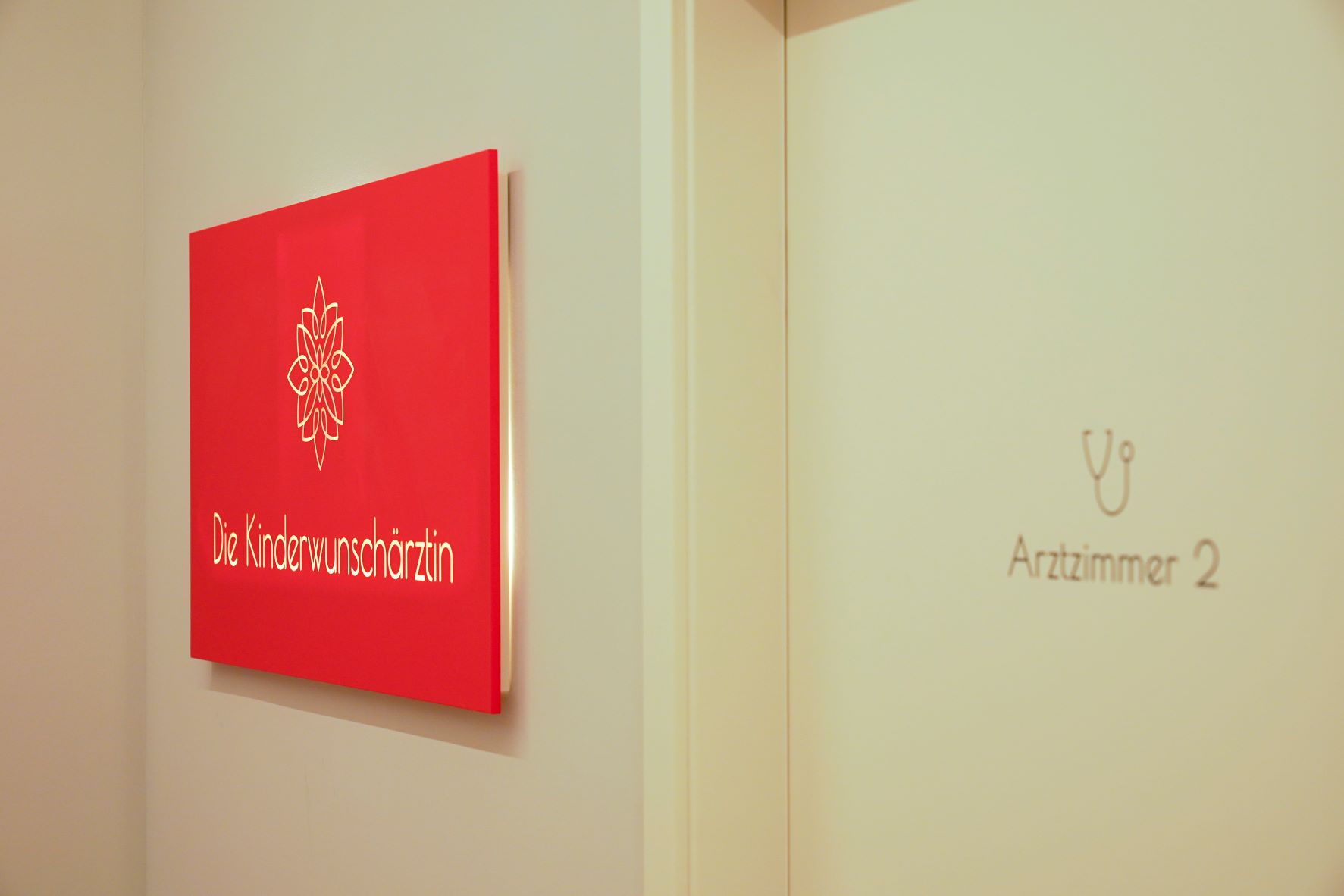
Why Choose a Fertility Specialist in Munich?
We understand the importance of making your fertility treatment as comfortable as possible for you, especially considering that the journey to parenthood can be emotionally challenging. That's why we offer a range of services tailored to your needs.
As our patient, you will …
→ receive continuous care from the same fertility doctor, from the initial consultation to diagnostics in our fertility clinic. Currently, for IVF/ICSI treatment, you are referred to another fertility center. However, starting in Spring 2024, we will be able to perform these procedures entirely in our fertility clinic in munich.
→ experience a personalized atmosphere in a small, specialized fertility clinic.
→ have access to natural IVF and supportive holistic treatments depending on your diagnosis.
→ receive state-of-the-art treatment, including individualized hormonal stimulation if necessary.
→ save time and enjoy flexibility, as our centrally located fertility clinic offers early morning and evening appointments and has its own hormone laboratory for rapid results.
→ have the opportunity to discuss all your concerns with a fellow woman at any time
It's important to note that we only recommend IVF when other treatments offer no realistic chance of success. We exhaust all gentle methods first and discuss the process step by step together. If IVF or ICSI treatment becomes necessary, you are currently referred to another fertility center. However, starting in Spring 2024, we will be able to perform these procedures entirely in our fertility center. Rest assured, we will continue to support you before, during, and after treatment. Single women are also welcome to undergo artificial insemination. We invite you to schedule an initial consultation to discuss your options.
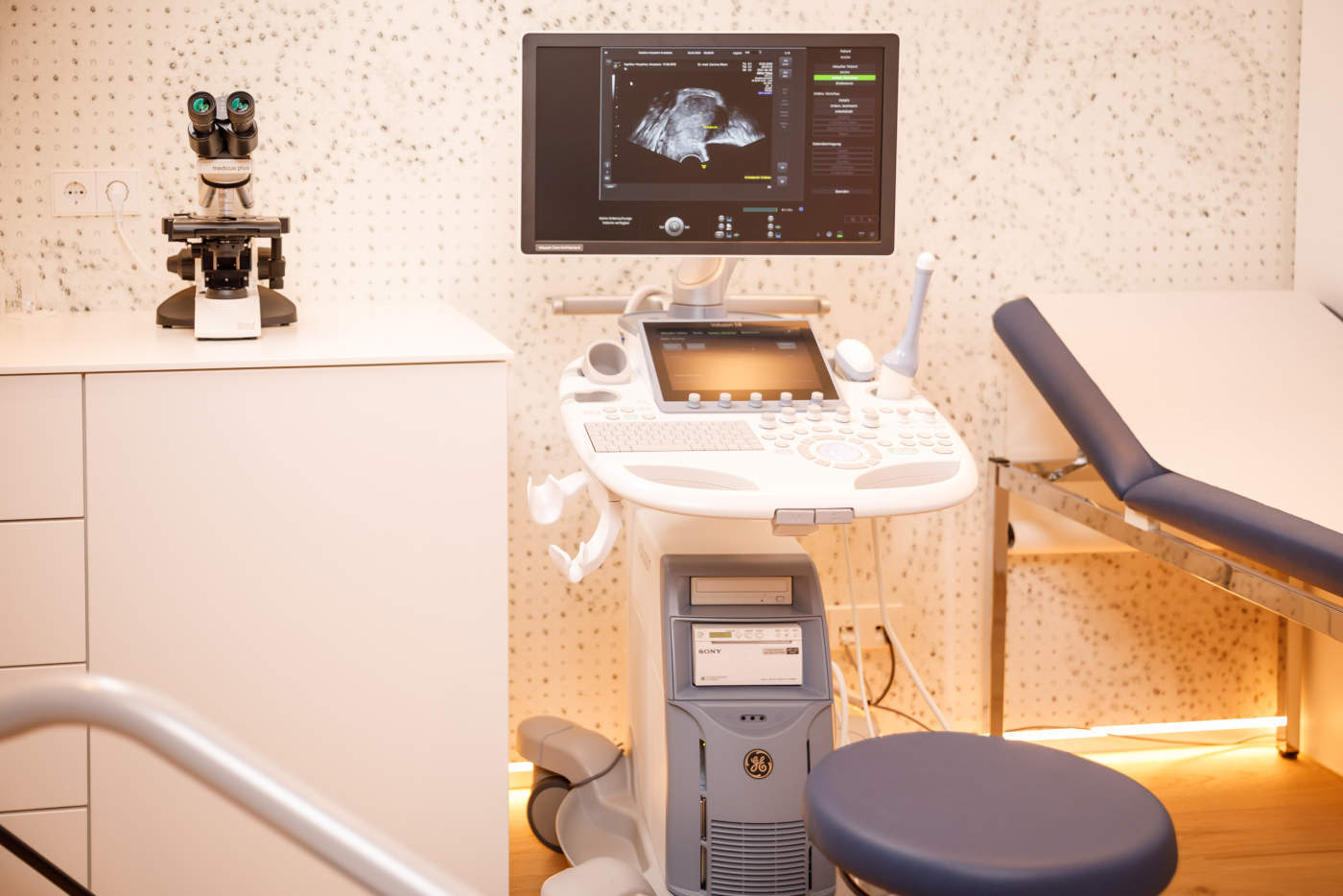
IVF or ICSI? Which is the Best Option?
ICSI generally has higher success rates compared to IVF. However, it is significantly more costly than IVF. It is observed that ICSI is often overused. We would be happy to explain the details to you.
What`s the difference between IVF and ICSI?
ICSI treatment is a specialized form of in vitro fertilization (IVF). The process of ICSI fertilization is the same for patients as that of IVF treatment. The distinction lies in the laboratory: during the ICSI procedure, not only are eggs and sperm brought together in a dish, but under the microscope, the best sperm is selected. This selected sperm is then carefully injected into the egg. The ICSI method is used when sperm quality is significantly impaired or when a previous IVF treatment has been unsuccessful.
Originally developed as a modification of conventional IVF to address severe male infertility, the ICSI procedure is now commonly used, especially in certain regions. In the Middle East, it is applied nearly 100% of the time, in North America 74%, and in Europe 70%. In Germany, IVF treatments accounted for approximately 72% of procedures in recent years.
IVF vs. ICSI: Which is the better option to get pregnant?
In a recent study, scientists investigated the success rates of artificial insemination, comparing the success rates of IVF and ICSI in couples with normal male fertility (Dang et al. Lancet 2021). In this study, the ICSI method was not superior! Some earlier studies have also shown similar results (Boulet et al. JAMA 2015).
For women over 40 years old, ICSI treatment is often performed due to age-related concerns and fears of fertilization failure. There is also a study from 2017 supporting this: In couples with normal male fertility and women over 40, the ICSI method does not provide any advantage (Tannus et al. Hum Reprod 2017).

ICSI Experience Report
"After years of involuntary childlessness, we have decided to turn to Dr. Mann and have not regretted this step to this day. With very high professional competence, an extremely pleasant and personal care by Dr. Mann and her entire team, we managed together to achieve pregnancy right at the first ICSI attempt. For this, we would like to thank the entire team very much. From the very beginning, we were very well guided and led through the therapy by means of targeted treatment and medication plans. Also, the flexible scheduling of appointments for all examinations on-site was always a major plus for us, as fully employed individuals. We also want to thank the entire team for that. We can absolutely recommend this fertility clinic without hesitation and would make use of this medical service again at any time."
Former fertility patient and happy mother
Costs: ICSI significantly more expensive than IVF
IVF treatment is technically much simpler and also cheaper. The cost of an ICSI cycle is around 6,000 euros, while an IVF cycle costs around 4,000 euros – a significant difference. Public health insurance often covers half of the costs, while private insurance policies may sometimes cover the entire cost.
Conclusion: So which technology makes sense? Concerns about the potential failure of IVF often lead to the choice of the ICSI method. However, in couples with normal male fertility, IVF treatment can be performed much more frequently than is currently the case.
How does the traditional in vitro fertilizsation procedure work?
In traditional in vitro fertilization, ovarian follicles are stimulated to grow through hormonal stimulation of the ovaries. The hormone dosage is determined individually based on factors such as ovarian reserve, age, and previous stimulations. Additionally, the administration of a GnRH agonist or antagonist allows the follicles to mature until they reach an adequate size without premature ovulation.
The continuous growth of the follicles is monitored through ultrasound scans and blood tests from around the 7th day of stimulation. Typically, the stimulation phase lasts 8 to 12 days. Once the follicles reach the desired size, the date and time for egg retrieval are determined. A trigger shot induces the final maturation of the follicles. Shortly before the follicles ovulate, the eggs are retrieved from the ovaries in a minor surgical procedure called follicular aspiration. Patients usually receive brief anesthesia for this procedure. If only a few eggs are maturing, retrieval may be performed without anesthesia.
Under ultrasound guidance, the eggs are aspirated from the follicles using a fine needle and further processed in the embryology laboratory. Depending on factors such as ovarian reserve, age, and stimulation protocol, around 5 to 18 eggs are typically retrieved.
On the day of egg retrieval, your partner provides a semen sample. In the embryology laboratory, the eggs and sperm are then combined. The following day, fertilization of the egg is assessed. Depending on development, the embryo is transferred into the uterus on the third or fifth day after egg retrieval.
Summary of the artificial fertilization process:
What is a natural IVF treatment?
In addition to the conventional method, there is also natural IVF treatment. Natural IVF, also known as natural cycle IVF, is gentler and involves minimal interference with the hormonal balance. It is particularly suitable for women who do not have cycle disturbances and who react to hormonal stimulation with various side effects. Natural IVF treatment is recommended for women with a low ovarian reserve, where only a few eggs can be retrieved even with high hormonal stimulation.
By the way, the very first IVF treatments were also conducted without hormonal stimulation. Hormonal stimulation was later developed to retrieve more eggs and increase the chances of pregnancy.
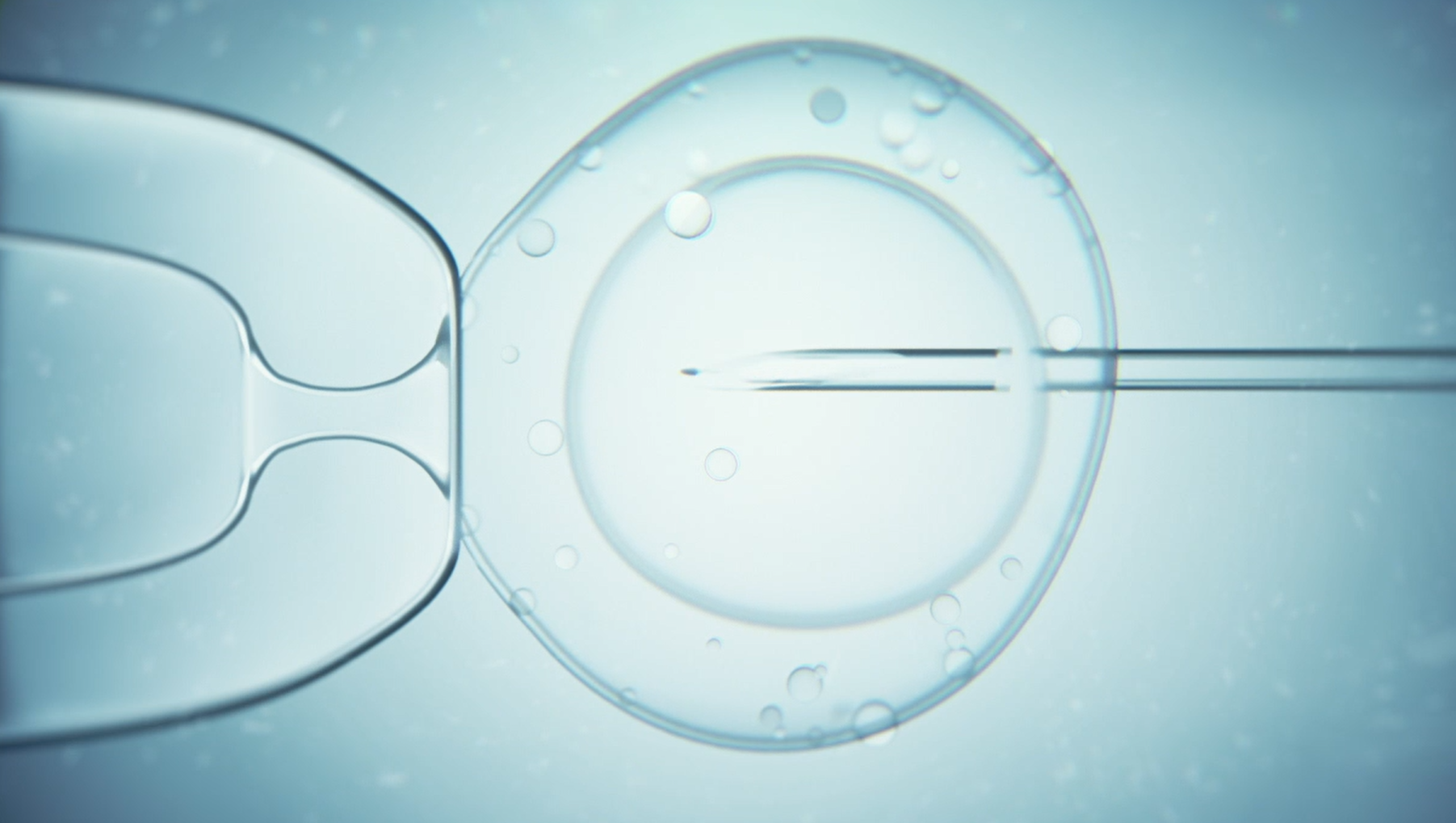
However, it should be mentioned that treatment in the natural cycle is less promising in terms of success. This is because only one, sometimes two eggs are retrieved. With conventional hormonal stimulation, around 5 to 18 eggs are retrieved depending on age and ovarian reserve. In approximately 10 to 15% of cases, premature ovulation occurs, and no eggs can be retrieved at all. On the other hand, the uterine lining seems to be better able to receive an embryo in the natural cycle.
Overall, natural IVF treatment is much better tolerated, and the short egg retrieval process can often be performed without anesthesia. Additionally, it is easier to perform multiple cycles in succession. Gentle IVF almost completely eliminates the need for hormonal stimulation, thus avoiding the risks associated with hormonal stimulation such as ovarian hyperstimulation syndrome (OHSS).
-
Duration of IVF
Duration of Hormonal Stimulation: 8 to 12 days
Duration of the entire treatment: Several months to pregnancy, depending on individual circumstances
-
Cost Coverage by Private Health Insurance
Depending on the insurance company, all costs may be covered in cases of organic infertility, even for unmarried couples.
The number of attempts is often not limited, provided that the chances of success are above 15 %
-
Success Rates & Chances
Average pregnancy rate according to IVF registry after 1 treatment: 31,4 %
Average birth rate: 22,5 %
Average pregnancy rate after 4 treatments: 66 %Success rates vary significantly depending on the age: For women up to 34 years old, the average pregnancy rates are approximately41 %, for those aged 35-39 about35 % and for 40-42-year-olds around 20 %.
We are happy to provide you with individualized information about your chances. -
Success Rates & Chances
Average pregnancy rate according to IVF registry after 1 treatment: 31,4 %
Average birth rate: 22,5 %
Average pregnancy rate after 4 treatments: 66 %Success rates vary significantly depending on the age: For women up to 34 years old, the average pregnancy rates are approximately41 %, for those aged 35-39 about35 % and for 40-42-year-olds around 20 %.
We are happy to provide you with individualized information about your chances. -
To-DOs During Hormone Treatment
Maintaining a healthy diet, ensuring sufficient folic acid intake, refraining from nicotine and alcohol.
-
Number of Appointments
Several times per month
Cryopreservation: Freezing eggs for later and shortening treatment
During IVF or ICSI treatment, about 5 - 15 eggs are typically retrieved. However, for embryo transfer, only 1 - 2 embryos are selected, depending on the woman's age. The remaining fertilized eggs can be cryopreserved at the pronuclear stage in liquid nitrogen at -196°C (cryopreservation). These pronuclear stage embryos can be stored for the next cycle, eliminating the need for further egg retrieval. Alternatively, eggs can be frozen for several years for future use, a process known as social freezing.
Several days before embryo transfer, the fertilized eggs are thawed and allowed to develop into embryos before being transferred into the uterus. This process only requires pretreatment with a low-dose hormone therapy in tablet form, eliminating the need for hormone injections.
What are the risks?
One risk associated with IVF is ovarian hyperstimulation syndrome (OHSS), which depends on factors such as age, ovarian reserve, and hormone dosage. OHSS occurs in 1 - 10% of women undergoing IVF, but the severity varies. Severe OHSS (OHSS III) is fortunately rare, occurring in only 0.2% of all stimulations.
The risk of multiple pregnancies depends on the number of embryos transferred. Historically, multiple embryos were often transferred into the uterine cavity. The transfer of two embryos carries an average risk of about 24% for multiple pregnancies (according to the German IVF Register). This increased risk can be reduced to about 1% by transferring only one embryo, which is comparable to the risk in natural conception.
Current scientific evidence suggests that IVF treatments do not increase the risk of breast cancer. Large studies have found no increased risk even after multiple stimulations. However, these findings are preliminary, as most women involved in these studies are still under 60 years old.
The potential impact of IVF on the risk of birth defects is a topic of ongoing debate. According to current research, all babies have a risk of birth defects of about 2 - 3%. Depending on the study and definition, children born after IVF or ICSI treatment have a risk of birth defects of about 4 - 6%. This slightly elevated risk seems to be associated not with the treatment itself, but with the infertility of the couple. Further studies are underway to investigate the influences of different culture media and techniques used in assisted reproduction. We are happy to discuss any questions you may have about your individual risks at our fertility clinic in munich.
If you wish, you can also receive naturopathic treatment to support your fertility. We offer traditional Chinese medicine, nutritional counseling, and psychological support, and are always here for you.
Would you like to schedule an appointment? You can reach our fertility clinic in Munich at 089/123 595 65 or hallo@kinderwunschaerztin.de. We look forward to assisting you!
Source:
Dang et al.: Intracytoplasmatic sperm injection versus conventional in-vitro fertilisation in couples with infertility in whom the male partner has normal total sperm count and motility: an open-label, randomised controlled trial. THE LANCET, published April 24, 2021. Vol. 397, Issue 10284, p. 1554-1563
Boulet et al. Trends in use of and reproductive outcomes associated with intracytoplasmic sperm injection. JAMA. 2015 Jan 20;313(3):255-63.
Tannus et al. The role of intracytoplasmic sperm injection in non-male factor infertility in advanced maternal age Hum Reprod 2017 Jan;32(1):119-124.

